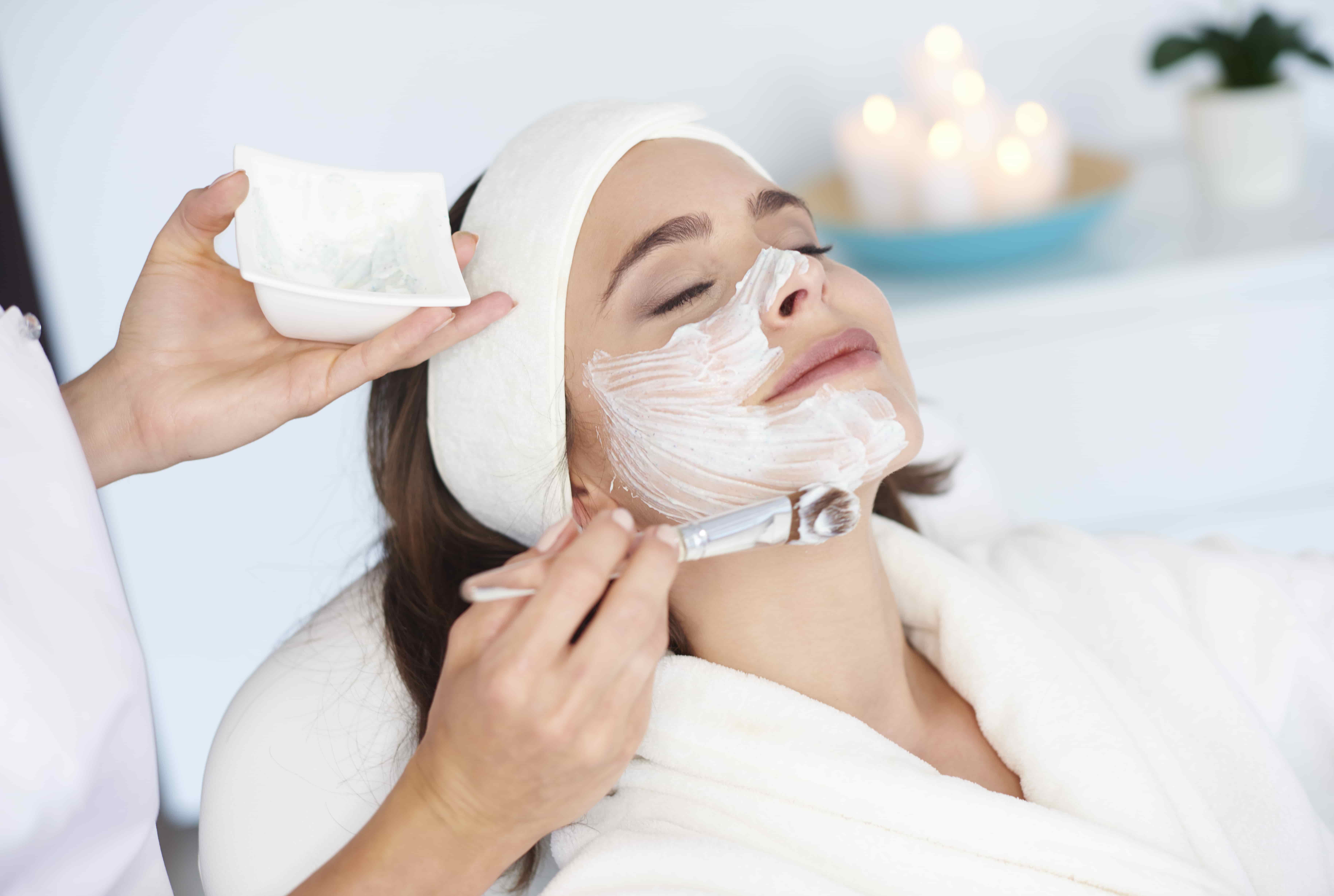
Why and When Do You Need a Chemical Peel?
Chemical peels have emerged as a popular skincare treatment, offering a range of benefits for individuals seeking skin rejuvenation. If you are wondering why and when you need a chemical peel, this comprehensive guide will provide insights into the transformative world of chemical peel treatments.
Understanding Chemical Peels
A chemical peel is a dermatological procedure that involves the application of a chemical solution to the skin, causing it to exfoliate and eventually peel off. This process encourages the growth of new skin cells, resulting in smoother, healthier-looking skin.
Why Opt for a Chemical Peel?
Rejuvenate Skin: Chemical peels effectively rejuvenate the skin by reducing signs of aging, such as fine lines, wrinkles, and age spots.
Acne Treatment: They can be beneficial for individuals dealing with acne and acne scars, promoting clearer skin.
Even Skin Tone: Chemical peels address uneven skin tone, including hyperpigmentation and sun damage, leading to a more balanced complexion.
Collagen Stimulation: The peeling process stimulates collagen production, contributing to firmer and more elastic skin.
Treat Skin Conditions: Chemical peels are employed to treat various skin conditions, including melasma, freckles, and certain types of hyperpigmentation.
When Do You Need a Chemical Peel?
Sun Damage: If your skin has been exposed to prolonged sun damage, resulting in sunspots or pigmentation, a chemical peel can help restore a more uniform complexion.
Fine Lines and Wrinkles: As a preventive or corrective measure, individuals with fine lines and wrinkles can benefit from chemical peels to diminish the appearance of aging.
Acne and Acne Scars: Chemical peels are effective in treating acne and the scars left behind by promoting skin renewal and regeneration.
Uneven Skin Tone: Those with uneven skin tone caused by hormonal changes or aging can consider chemical peels for a smoother complexion.
Preventive Skincare: In some cases, individuals opt for chemical peels as a preventative measure to maintain healthy skin and address early signs of ageing.
Choosing the Right Time
The ideal time for a chemical peel can vary based on lifestyle, skin sensitivity, and desired results. However, here are common considerations:
Seasonal Timing: Some people prefer undergoing chemical peels during the fall or winter when there is less sun exposure, minimising the risk of post-treatment hyperpigmentation.
Pre-Event Planning: If you have a specific event or occasion, plan your chemical peel well in advance to allow for proper healing and optimal results.
Consistency: Regular chemical peel sessions may be recommended for ongoing skin care to maintain skin health and address specific concerns.
Consultation Is Key
Before deciding on a chemical peel, it’s crucial to consult with a qualified dermatologist or skincare professional. They will assess your skin type, concerns, and medical history to recommend the most suitable chemical peel and ensure a safe and effective treatment.
Frequently Asked Questions
What is the Downtime After a Chemical Peel?
The downtime after a chemical peel varies based on the peel’s intensity. Superficial peels may have minimal downtime, while deeper peels may require a week or more for recovery.
Are Chemical Peels Painful?
During the procedure, individuals may experience a tingling or mild burning sensation. However, discomfort is generally well-tolerated. Post-treatment, some redness or irritation is normal but usually subsides within a few days.
How Often Can I Get a Chemical Peel?
The frequency of chemical peel sessions depends on the type of peel and individual skin needs. Superficial peels may be done more frequently, while deeper peels may have longer intervals between sessions.
Can Chemical Peels Address Acne Scars?
Yes, certain chemical peels effectively reduce the appearance of acne scars. However, a skincare professional should assess the severity of the scars and the type of peel needed.
Is Sunscreen Necessary After a Chemical Peel?
Yes, sunscreen is crucial after a chemical peel. The skin becomes more sensitive to sunlight, and using a broad-spectrum sunscreen helps protect against UV rays, preventing hyperpigmentation.
Can I Wear Makeup After a Chemical Peel?
Depending on the peel’s depth, there may be restrictions on wearing makeup immediately post-treatment. Your skincare professional will provide specific guidelines on when it’s safe to resume makeup application.
Are Chemical Peels Suitable for All Skin Types?
While chemical peels are versatile, not all peels are suitable for every skin type. Individuals with darker skin tones may require special considerations to minimise the risk of pigmentation changes.
Consulting with a skincare professional before undergoing a chemical peel ensures that all your concerns are addressed and a customised treatment plan is established for the best possible outcomes.
Conclusion
Understanding why and when you might need a chemical peel empowers you to make informed decisions about your skincare journey. Whether you want to address specific skin issues or maintain overall skin health, a chemical peel can be a valuable addition to your skincare routine. For personalised advice and professional chemical peel treatments, contact Derma Solutions in Bangalore at 9741223217. Invest in your skin’s well-being, and let a chemical peel unveil your radiant and revitalised version.